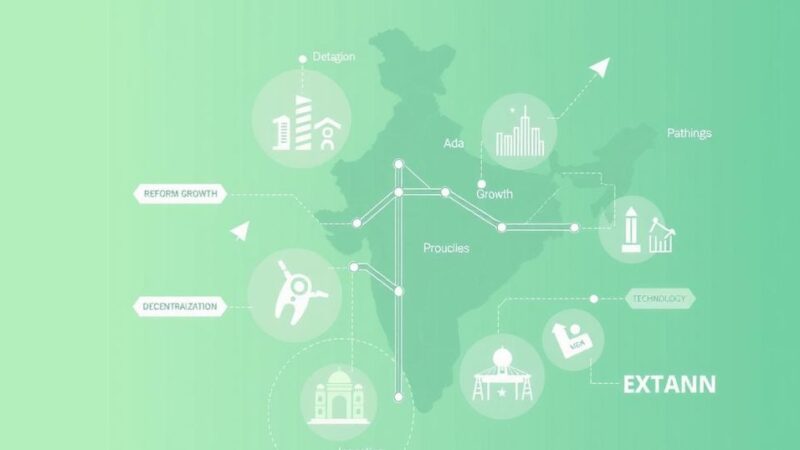Human smugglers are now assisting migrants in returning to their home countries due to strict Trump-era immigration policies, impacting migration patterns significantly. Daily, 20-30 migrants are using boats to travel from Panama to Colombia, reversing the prior trend of heading north. Smugglers offer ‘return trips’ for $550. The situation suggests an increasing number of people are abandoning plans to enter the U.S. outright.
In a notable shift from traditional practices, human smugglers are now assisting migrants in returning to their home countries rather than moving northward into the U.S. This trend has emerged primarily due to the stringent immigration policies imposed by the Trump administration, which has made it increasingly difficult for migrants to enter or stay in the United States.
Daily, around 20 to 30 individuals are departing via boats from Panama towards Colombia as opposed to the usual northern direction. This reversal is a consequence of tougher deportation policies and a decrease in legal residency pathways. Smugglers, such as El Zurdo, now offer return trips for $550 per person, which includes transport to Necoclí, along with basic amenities.
El Zurdo remarked, “This is a first in 10 years. We knew there would be changes coming, but I never imagined this.” The Trump administration’s efforts to ramp up deportations and limit asylum opportunities are contributing factors to this reversal in migration flow. Adam Isacson of the Washington Office on Latin America noted that some individuals are abandoning their northward plans in favor of returning home.
Although exact figures are challenging to validate, Panama’s government reports approximately 2,200 migrants have made the journey back south this year, a significant increase. In contrast, only 408 people moved north through Panama in February, a steep decline from 37,000 in the same month last year.
Traditionally, smugglers have facilitated the northern journey through the hazardous Darien Gap, but now maritime routes are emerging for return trips. Migrants often reach Capurganá, Colombia, by boat, steering clear of the perilous land approach. Gardi Sugdub, an island formerly known for climate refugees, has become a waiting point for southbound travelers.
In Gardi Sugdub, migrants pay $10 per day for accommodation, despite confronting poor living conditions, including limited access to clean water and electricity. Both Panama and Colombia are adapting to these changes in migration patterns, with Panama’s Security Minister, Frank Abrego, noting the informal nature of boat transfers while underscoring the need to monitor these activities to combat human trafficking.
Colombia’s Foreign Minister, Laura Sarabia, reported that initiatives are being developed to assist returning migrants, focusing on employment and education, while also tackling increasing xenophobia. The dangers associated with this reverse migration were underscored by a tragedy in late February when a boat with 21 migrants capsized, claiming the life of an 8-year-old Venezuelan child.
Ariel Ruiz of the Migration Policy Institute estimates that 250,000 to 270,000 migrants are currently stranded in Mexico due to enforcement policies from the U.S. and Mexico, leading many to rethink their options. Ruiz stated, “Mostly because of the Mexican enforcement and the conditions there, people were either not willing or not wanting to wait in Mexico for a long time.” Thus, some migrants have begun to head back home instead of waiting for a change in U.S. immigration policy.
The recent trend of smuggling services shifting towards facilitating the return of migrants highlights a significant change in migration patterns due to stringent U.S. immigration policies. As deportations increase and legal pathways decrease, many migrants find returning home more viable. Authorities from Panama and Colombia are beginning to adapt administrative measures to manage this new flow, focusing on safety and support for returnees.
Original Source: www.latintimes.com






